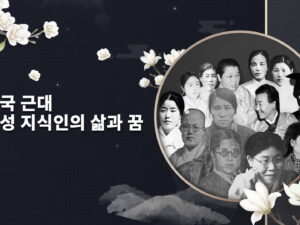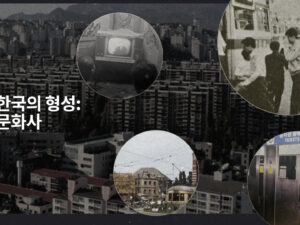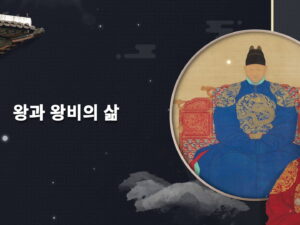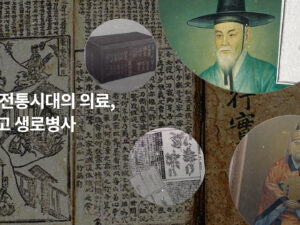Modern and Contemporary Korean History Seen through Gender
- Description
- Curriculum
- Notice
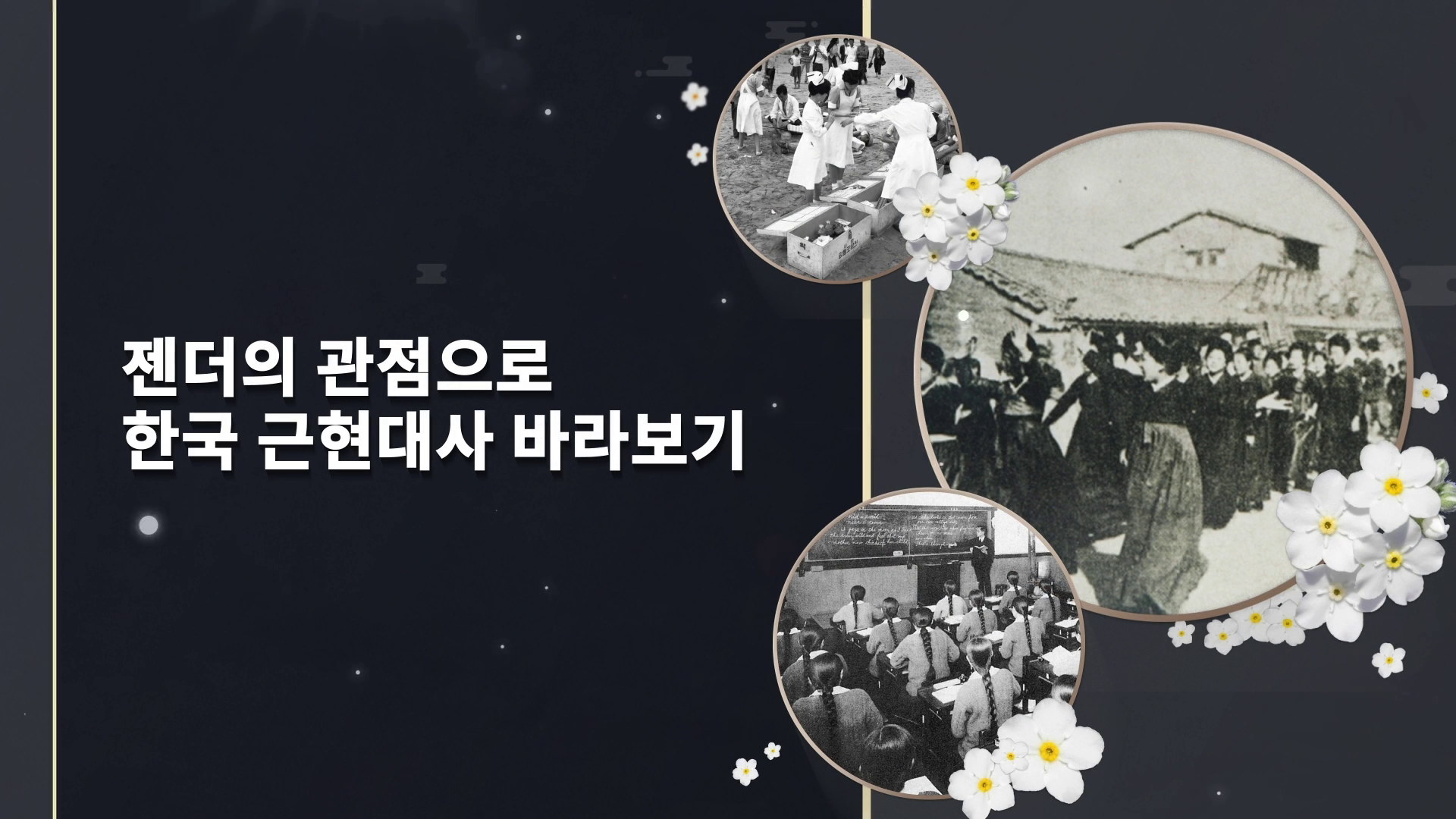
Course Introduction
This course explores major events and themes in modern and contemporary Korean history through the perspective of gender. The course examines how gender has intersected with various historical events and structures in Korea in response to major social, political, and economic changes from the late 19th century to the present, and the multilayered experiences of women on these events and structures.
Course Structure
This course consists of a total of 11 weeks. The lectures are conducted over 10 weeks. Week 11 is for a final. Each week’s lectures are composed of 4 to 6 videos depending on the topics of the lecture. The course includes non-video learning materials such as quizzes and reading materials to assess and supplement the content of the lecture each week. Learners are required to watch the lecture videos and complete the assigned activities to successfully finish each week’s module.
The course introduces key events, figures, and cases in women’s history, or gender history, for each period along with its sociopolitical context. The course also analyzes the complex and multilayered characteristics of them. By taking this course, students will be able to reexamine dominant historical narratives from the perspective of gender history, discover new issues of history, and explore the possibility of multifaceted interpretations. Additionally, the course aims to maximize the strengths of historical research by extensively using primary sources. The primary sources covered in this course include official and personal documents produced by historical agencies as well as visual and multimedia sources.
Subtitles
Korean, English, Chinese
-
62-1. Joseon during the Enlightenment Period and Women
-
72-2. Beginning of Japanese Colonial Rule, the March 1 Independent Movement, and Women
-
82-3. New Women and the Discourse of the Liberation of Women
-
92-4. Household Head System, Divorce, and the Emergence of Working Women
-
102-5. Women Living along the Border
Jimin Kim
Jimin Kim is a researcher at the Comfort Women Action for Redress and Education (CARE) in California, USA. She holds a Ph.D. in modern and contemporary Korean history from Columbia University. Her research interests include Korea under the Japanese colonial period, Korea's relations with the United States and Japan after liberation, the Japanese “comfort women” issue, and international relations through cultural exchange.







